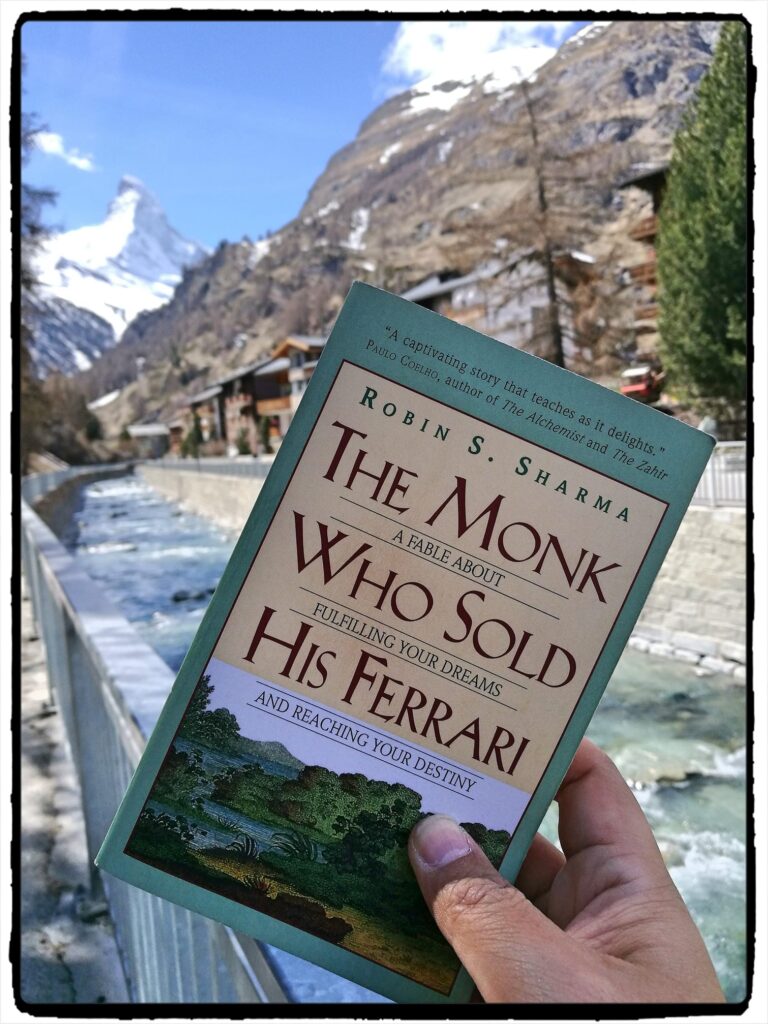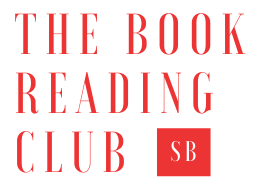I took “The Monk Who Sold His Ferrari” by Robin S. Sharma with me when traveling to Switzerland in April 2019. I really thought it was a good decision that I had this book with me during my two-week holiday there. I learned so much from “The Monk Who Sold His Ferrari” and somehow it has made me respect myself and my time a lot more.

Julian
The book began with an introduction to the main character named Julian who was a very successful lawyer. Julian had everything one could ask for. He had fame. He dined with famous celebrity. He lived in a mansion. He owned a private jet and, of course, a Ferrari. Everything was the result of his hard work. He wanted to have all these things.
Making a Choice
One day, Julian who was envied by many was in a courtroom. He suddenly fell and lied unconscious. The cause of it was his heart. He had a massive heart attack. Once he gained his consciousness, the doctor gave him two choices. They were (1) living like he used to or (2) choosing his own way of living.
Julian thought long and hard. He even asked himself whether what he had was actually what he wanted. He finally decided to sell everything, including his beloved Ferrari, in order to find an answer for how to live and, more importantly, how to live happily.
Learning from the Master
Julian traveled to India where he met many gurus who lived in the Himalaya. There, he met a master called Yogi Raman, who taught him so many things about living. That in the end was what Julian had been looking for.
“The Monk Who Sold His Ferrari” is consequently a story and knowledge that Julian passed on to his friend. The book not only gives an insight into the theories and concepts, but it also digs deep into how to practice the way Julian was taught by Yogi Raman.
I have to admit that there were so many interesting parts told by Julian and the author. Some even alarmed me while reading it.
Time
Do you know which commodity is the most valuable in our lives? The answer is “Time.” What it means is that we should not sacrifice the most valuable asset to something or someone least valuable.
We must have time for our family, loved ones and friends. We must find time to do what we are passionate about. We must also spend time with nature.
Time Thieves
My favourite sentence of the book and it is something that I am meaning to remind myself all the time from now on is this. We have to “beware of time thieves.” … Who are the time thieves? You might wonder.
Everybody has met them. They are the people who will send you chat messages or ring you while you are with your family. They will do that when we finally have some time to read a book or do what we really want to do. It is already difficult to find the time for these things, but we still have to face these time thieves. The book says to watch out for them.
We have to learn how to say no. (Something I myself find very difficult to do.) For example, we do not really have to answer all the phone calls. We do not really have to reply to all the chat messages.
Remember, our phone is there for our convenience, not for everyone else’s.
All in all, I was and still am very impressed by what I have learned from this book. There is still a lot more detail that is explained and mentioned by Julian and the author.
